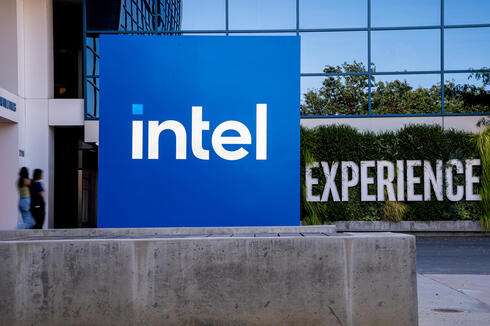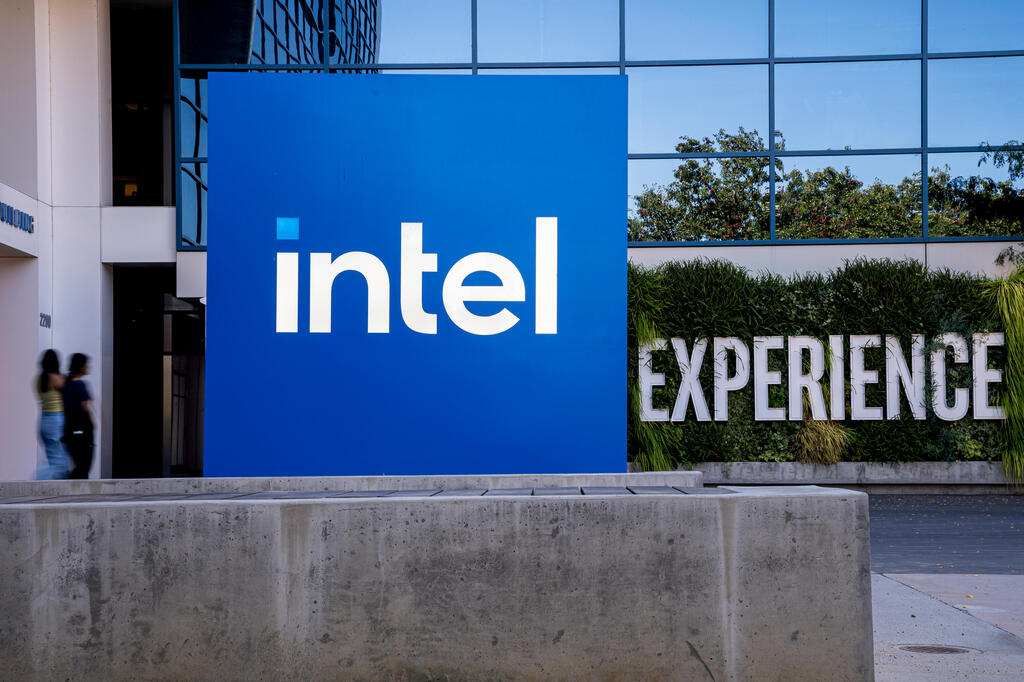
Intel in talks to sell chip manufacturing to TSMC
Trump administration supports move, but U.S. security concerns could complicate deal.
Intel is in talks to sell its chip manufacturing operations to Taiwan's TSMC, according to reports from Bloomberg and The New York Times. The move, which currently has the backing of the Trump administration, may involve only Intel's U.S. manufacturing plants, but it could also extend to its facilities in Israel.
Intel has been struggling for years to regain its footing after failing to capitalize on the mobile and AI revolutions. Former CEO Pat Gelsinger, who abruptly resigned in December, sought to turn the company around by repositioning it as a manufacturer of advanced chips for other companies—marking a shift from Intel's traditional model of producing only its own designs.
As part of this strategy, Intel has invested hundreds of billions of dollars in building new, state-of-the-art manufacturing plants. This includes a $25 billion commitment to expanding its Kiryat Gat facility in Israel, as well as significant investments in multiple factories across the U.S. These efforts have been heavily supported by the Biden administration, which allocated tens of billions of dollars in subsidies through the CHIPS Act to bolster domestic semiconductor manufacturing.
Despite these efforts, Intel has struggled to attract major, profitable customers for its foundry business, while its revenues and profits have continued to decline. Now, sources familiar with the matter have told The New York Times and Bloomberg that Intel is in discussions about divesting its manufacturing division—either partially or entirely—so it can refocus on chip and product development. According to the reports, Intel’s interim chairman, Frank Yeary, has been in negotiations with senior TSMC executives regarding a potential deal.
The talks are still in their early stages, and the exact structure of the deal has yet to be determined. One possibility under discussion is for TSMC, which produces about 90% of the world’s most advanced chips, to acquire a controlling stake in Intel’s manufacturing division and take over operations at its U.S. plants—and potentially in other countries—while injecting significant capital into the business.
Another option reportedly under consideration is a full acquisition of Intel’s manufacturing division through a joint venture that could also include investment firms and technology giants such as Nvidia and Apple. Both companies are among TSMC’s largest and most important customers, relying heavily on its chip production. A joint venture would allow them to exert greater control over their supply chains and influence decision-making at the facilities producing their chips.
The Trump administration is actively encouraging the deal and urging TSMC to move forward. Sources indicate that Howard Lutnick, Trump’s designated Commerce Secretary, is involved in the discussions and considers the matter a key priority for his role. Talks between the companies began in late 2024 after Intel’s board of directors reached out to TSMC to explore potential partnerships. In January, TSMC CEO C.C. Wei met separately with Lutnick and Yeary to discuss deal structures. Lutnick and Yeary have since remained in contact over the negotiations.
However, it remains uncertain whether the deal will ultimately secure full approval from the Trump administration. Intel is the only U.S.-based company with advanced chip manufacturing capabilities, and a White House source told Bloomberg that it is unlikely Trump would support a foreign entity taking control of Intel’s American factories.















